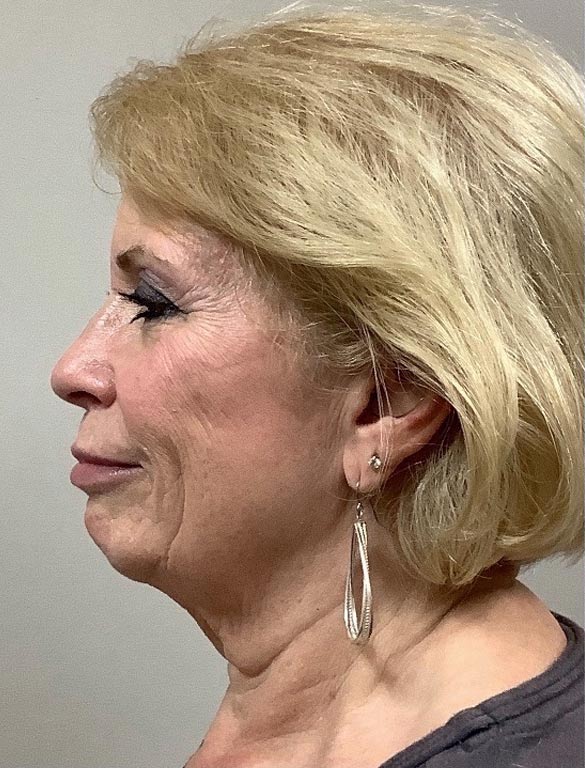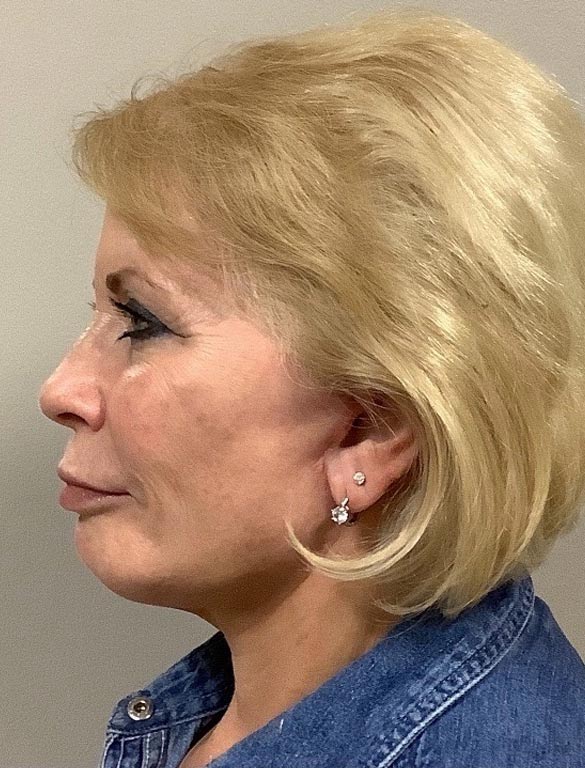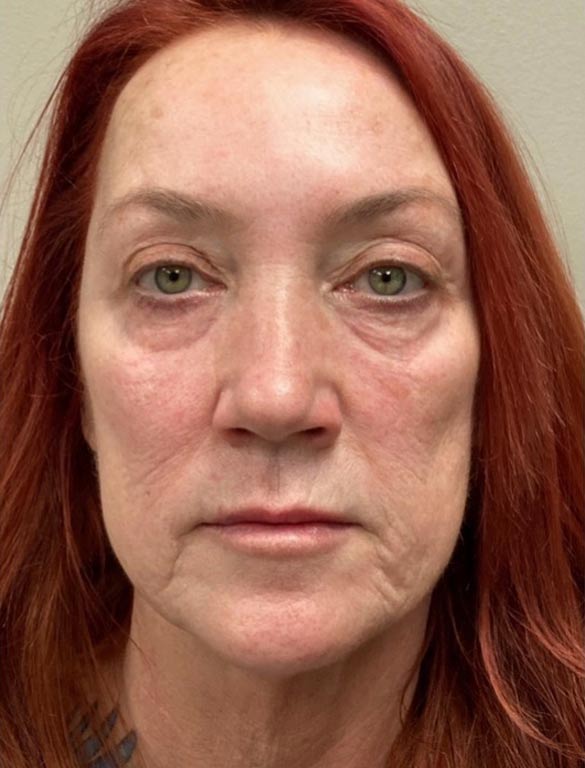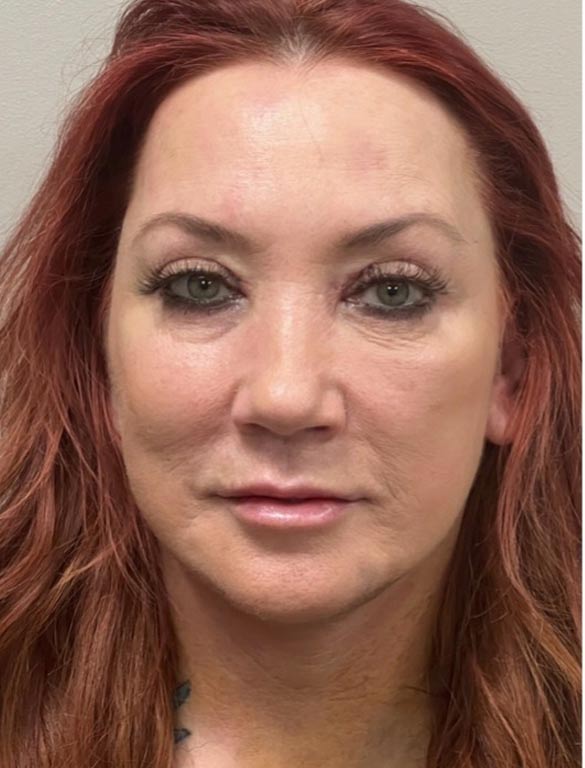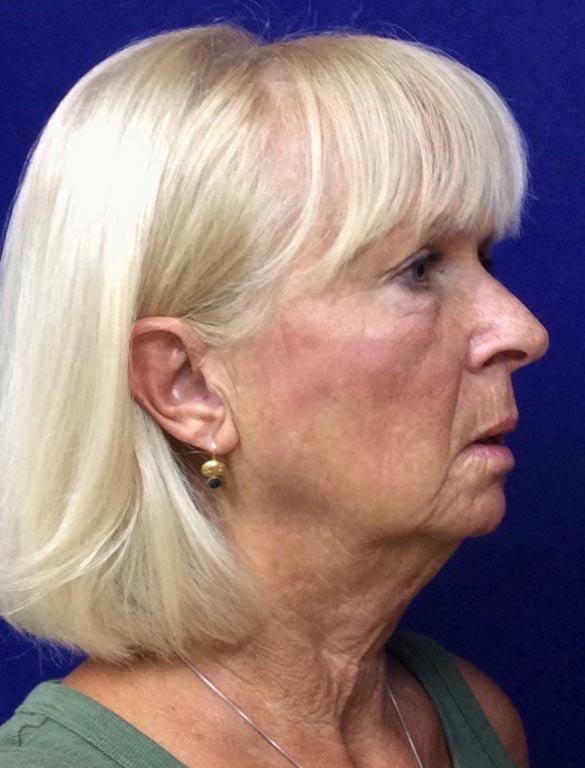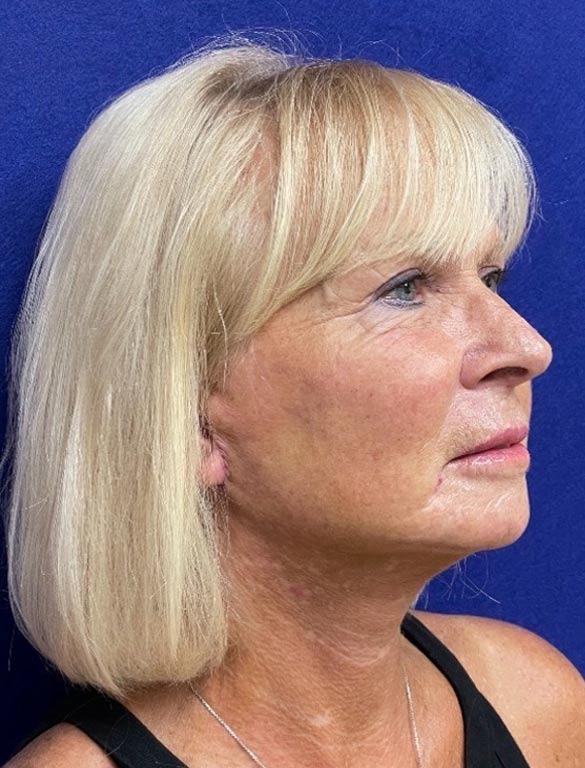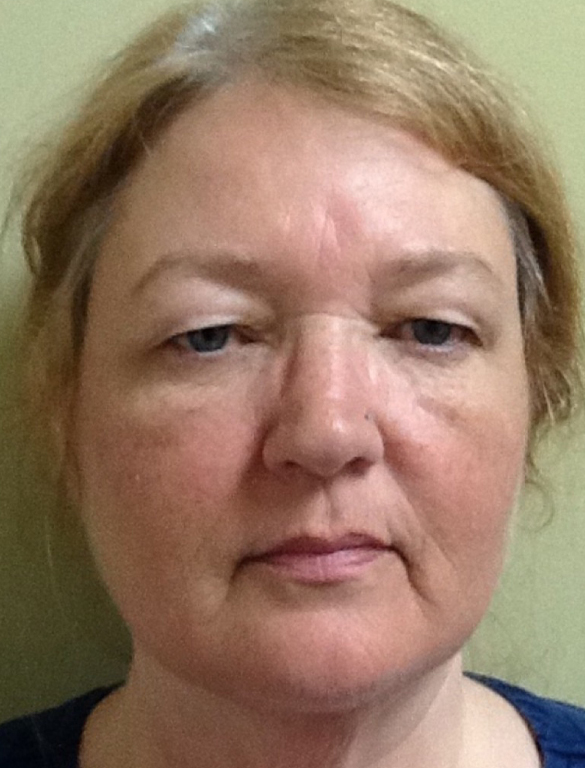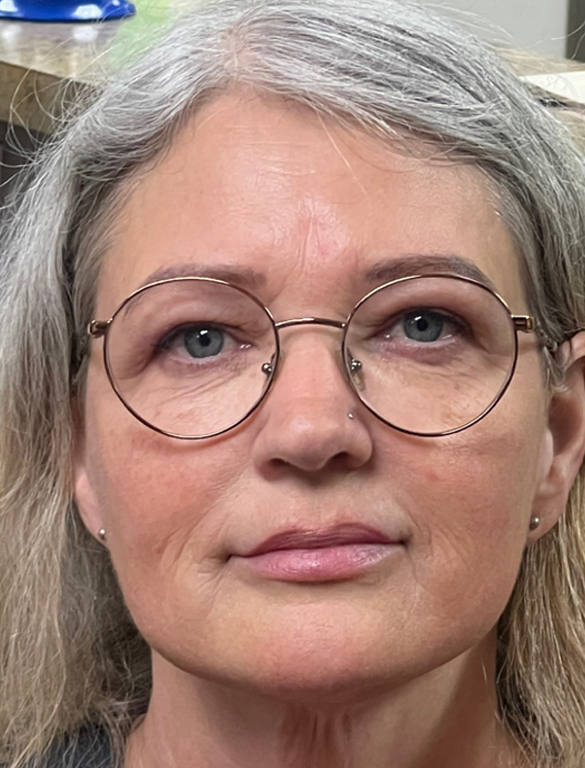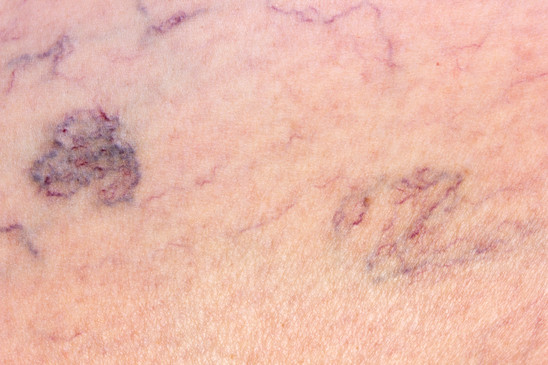Vein disease is a very common issue which affects millions of people every year. Although it’s quite common, there is still much that people aren’t aware of when it comes to vein disease. There are different levels of damage, as well as different types of vein diseases that affect people, and with these issues come many questions. Here are 5 little known facts about vein disease in general.
Contents
Vein Disease Is a Largely Hereditary Issue
If there is vein disease in your family history, that’s usually a strong indicator that you will develop some kind of venous insufficiency at some point in your life. If your mother or grandmother suffered from varicose veins, you yourself have a much higher chance of experiencing them as well.
Vein Disease Is Not Only a Problem Among Women
Varicose veins are often thought of as being an issue that primarily affects women. Though it is true that vein problems are most common in women, men also experience varicose veins, spider veins, swollen ankles and legs, and other symptoms associated with vein problems.
Young People Can Suffer from Vein Disease as Well
Vein disease affects older people at a much higher rate than younger people, but anyone, even younger people, can experience circulation problems. Pregnant women are among the most susceptible young people at risk for developing vein disease, as are people who are overweight or obese.
Exercise Can Help Treat Symptoms
If you’re suffering from sore, swollen legs due to venous insufficiency, exercise may seem like the last thing you want to do. However, physical activity can really help in improving circulation and reducing painful symptoms. Even a daily walk of about 20 minutes can do wonders.
Vein Disease Won’t Go Away On Their Own
Once varicose veins have appeared, they won’t simply go away on their own. Either significant lifestyle changes are required (losing weight, quitting smoking, finding a job that requires less time standing or sitting for hours) or medical treatment will be needed to treat damaged veins.
There’s lots of confusion surrounding vein disease and many questions concerning potential symptoms and suitable treatment. If you are suffering from vein discomfort, varicose veins, spider veins, or swollen ankles and legs, schedule an appointment with us to learn more about what kind of treatment options are available to you. It’s important to start treating insufficiencies in the early stages to avoid symptoms becoming worse.

